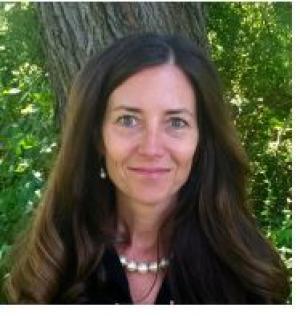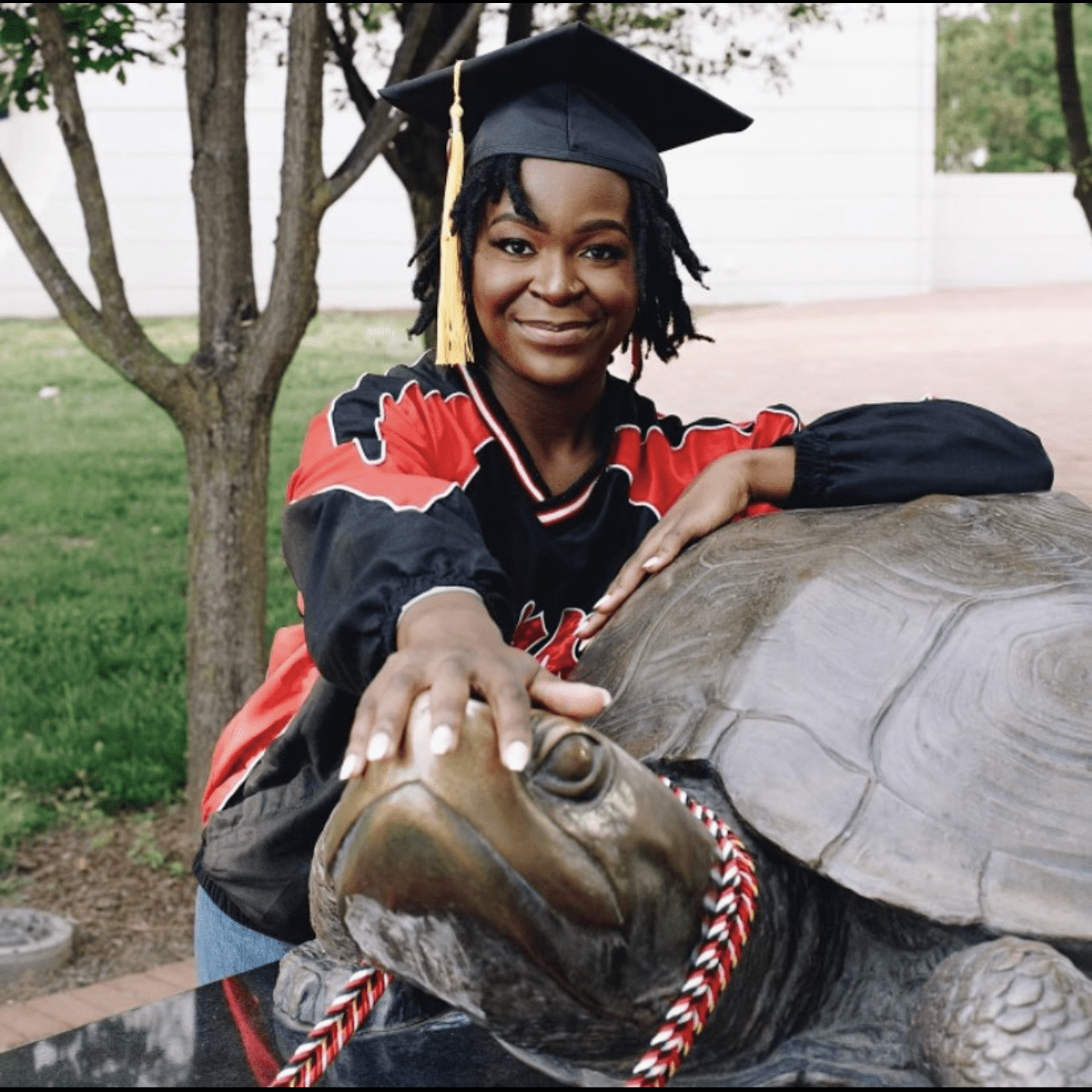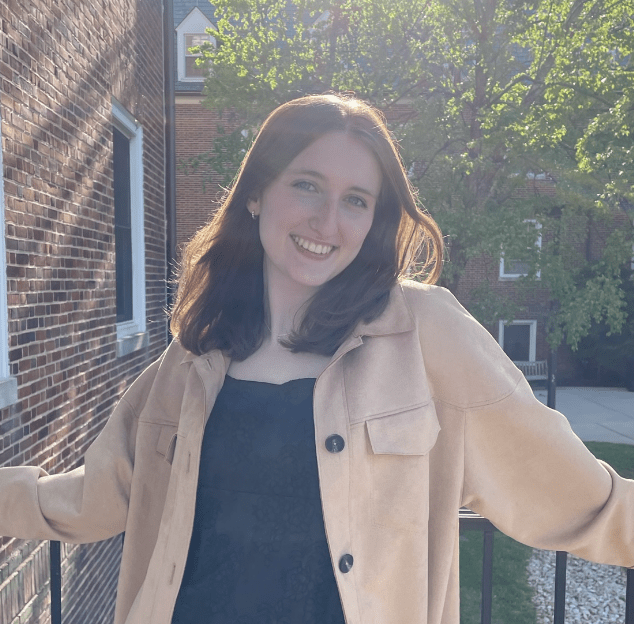Civic Engagement for Social Good
Inspiring community collaboration and meaningful change
Introduction
The world critically needs changemakers committed to understanding social issues and collaborating alongside their communities to foster meaningful change. In Civic Engagement for Social Good (CESG), previously known as CIVICUS, students work with organizations addressing a range of societal challenges, including poverty, food insecurity, housing insecurity, child welfare, education, political activism, animal rights, and the environment. Students explore:
- Issues impacting local communities
- Organizations that are addressing pressing social issues
- Ways to engage in hands-on work in civic engagement
- Strategies for deliberative dialogue in a multicultural world
- Methods to leverage their strengths to make sustainable change
CESG coursework and community engagement activities operate in tandem, creating a synergy that enhances the overall student experience. Coursework provides an opportunity for students to explore the root causes of social needs and strategies for addressing social concerns that they see during their work in the community, while service projects and co-curricular activities create an environment for students to implement what they learn in the classroom.
As an interdisciplinary program, CESG students represent a wide range of academic interests and majors. Civic Engagement for Social Good encourages students to ground their work in their passions, academic majors, and professional interests.
Through their shared passion for social good and engagement in co-curricular activities, CESG students form a close cohort who develop strong friendships and support each other throughout their time at UMD.
Colloquium and Lecture Topics
- The complexities and the structures that cause social issues
- Concepts related to the theories and practices of civic engagement
- Models for working towards positive social change
- Ways to engage in difficult conversations with empathy around differences of perspective, beliefs, and identities
[This program] has made me a kinder, more compassionate, more informed person. [It] gave me the opportunity to get my hands dirty, to engage in the community in ways I never thought I could. [It] has taught me that it takes a village but also that I can make tremendous change myself..providing me with more opportunities for learning and character-building than I would've gotten in any other program or club.
Other Learning Opportunities
Students are actively engaged in UMD, College Park and surrounding areas, and Washington, DC annually completing over 1,000 hours of volunteer work. Students can choose from over 100 projects per year with a wide array of partner organizations.
Students:
- Participate in civic engagement projects. Recently, students have acted as mentors for local elementary students, planted trees to increase the canopy in Washington, DC, served meals from a mobile soup kitchen, handled dogs at a humane rescue adoption event, canvassed on behalf of political candidates, and captioned videos to ensure accessibility for a wider community.
- Take trips to Washington DC and the surrounding area where they participate in scavenger hunts, visit memorials, monuments, and museums, and attend baseball games, cultural heritage events, and the performing arts.
- Meet guest speakers, including politicians, staff members from local non-profit organizations, and local community leaders and activists
- Participate in community-building activities, such as challenge courses, trivia nights, bingo, BBQs, and study breaks
CESG staff provide the planning, logistical support, and transportation for most activities. All second-year students also participate in a capstone experience for academic credit. The capstone can include an internship, extensive work with a non-profit, or affiliated experiential learning courses. Students in the past have held internships in local and national politics, non-profits, high-profile media outlets, medical facilities, research labs, mentoring organizations, and peer dialogue training. The capstone gives students authentic experiences and skills that help support their academic work, career goals, and future community engagement efforts.
Curriculum Overview
Over the two-year program (four semesters), students complete 12-credit hours that count toward their CESG Scholars citation. The following table represents a typical two-year curriculum. Details about courses and requirements can be found on the CESG Citation Checklist
| SEMESTER | COURSE | CREDITS |
|---|---|---|
| Semester 1 | CPCV 100: Colloquium I | 1 credit |
| CPCV 225: Intro to Civic Engagement for Social Good | 3 credits | |
| Semester 2 | CPCV 101: Colloquium II | 1 credit |
| Semester 3 | CHSE 328C: Intergroup Dialogue (DVCC) | 1 credit |
| Semester 4 | CPCV 230: Internship; or CPCV 240: Service-Learning; or CPCV 250: Research; or |
3 credits 3 credits 3 credits |
| Semester 1, 2, 3, or 4 | Supporting Course (var. Gen Ed) | 3 credits |
Sponsoring College
Office Address
1103 Centerville Hall
Office Email
Faculty


Deborah Omotoso

News and Notes, Etc.
Civic Engagement for Social Good News
Course provides safe space to unpack power, privilege
When Michelle Pinkrah strolled into her first Thursdays-at-3:30 p.m. class of the semester in late January, she had no idea what she’d signed up for. She had signed up by accident, actually. The class wasn’t her first choice for her practicum course requirement with College Park Scholars, where she is a student, and she’d quickly forgotten it was even on her schedule. Pinkrah sat down in the circle of her peers and encountered something she hadn’t expected: a dialogue class, or, a class that centers around group discussion of life and experiences.
Making Tough Conversations a Little Easier
The following article originally appeared in Maryland Today: You might feel the attentiveness—or lack of it—of a doctor listening to you describe your symptoms, based on your accent. Or the eyes on you when you take your seat in a lecture hall full of people with skin tones different than yours. Or the fear when you’re driving while Black and realize your taillight is out. In ways big and small, social identity molds our individual experiences, often making it difficult to explain ourselves to people who don’t share our backgrounds and worldviews.
Scholars Student 1 of 6 Terps to Receive 2022 Hollings Scholarship from NOAA
An Environment, Technology and Economy (ETE) Scholars student has received a 2022 Ernest F. Hollings Undergraduate Scholarship from the National Oceanic and Atmospheric Administration (NOAA). Maguire Ballard, a civil engineering major in his second year of ETE, is one of six University of Maryland students to have received this year's Hollings Scholarship. The award is NOAA's flagship undergraduate program and provides recipients with scholarships worth $19,000 and a fully funded 10-week, full-time summer research placement at a NOAA facility.
On Giving Day, Take Advantage of Matches to Maximize Impact to Scholars
Thanks to a number of matches, Supporters of College Park Scholars will have an opportunity to maximize their gift on Giving Day, Wednesday, March 9. Giving Day is the University of Maryland’s annual 24-hour fundraising effort.
For Giving Day, Scholars Offers ‘Dollar for Scholars’ Donation Option for Students
Undergraduate students wishing to give back to College Park Scholars on Giving Day, Wednesday, March 9, now have the option to donate a single dollar to support their fellow Scholars. Giving Day is the University of Maryland’s 24-hour fundraising effort, during which Scholars is raising money to help Scholars students participate in experiential learning.
New course lets students reflect on identity, act on injustice
The words echo in every Scholars student’s ears: “We learn better when we learn together.” But the phrase has perhaps never rung as true as with College Park Scholars’ most recent initiative. This semester, in partnership with the Honors College and the Words of Engagement Intergroup Dialogue Program on campus, Scholars launched CPSP369J: Teaching and Learning about Cultural Diversity through Intergroup Dialogue – Dialogue Facilitation Practicum. The three-credit course serves as both a space for students to reflect on their identities and their role in structural inequalities and a training opportunity for them to develop skills in facilitating conversations about injustice within and beyond their communities.


